Project Based Learning
Project-Based Learning is a school-wide instructional strategy that incorporates 21st-century skills and key elements, including teamwork, critical thinking, appropriate and efficient use of technology, and oral and written communication skills.
Each student at HCSS is required to participate in at least two PBL units per year. Project-Based Learning provides clear benefits, including increased critical thinking skills, greater problem-solving abilities, deeper understanding, better preparation for higher education and real work situations, more developed collaborative skills, and an enhanced desire to learn. Work on projects is initiated by asking “Driving Questions” that help frame the substance of the content and the direction of research and discovery. Learners are supported to produce high-quality work through established checkpoints that provide them with opportunities for feedback and revision throughout the process. As the culmination of the PBL, student teams present their projects in a Webinar open to the public or to a group of faculty and students representative of the community.
Culture of Classroom Discourse
HCSS teachers create an Accountable Talk classroom environment where students feel confident about expressing their ideas, opinions, and knowledge and making mistakes. This environment stimulates higher-order thinking—helping students to learn, reflect on their learning, and communicate their knowledge and understanding in oral and written work. Teachers and students jointly construct academically productive talk to achieve rigorous academic purposes in a thinking curriculum.
Great discussions are one outcome of the HCSS classroom culture where students’ thoughts are welcome and are regularly expected to speak, listen, and respond to one another.
Technology Infusion
Technology is a platform that gives students access to new, individualized sources and learning methods – an essential element of lifelong learning for today’s students.
Technology is both catalyst of and tool for learning at HCSS. Effective technology infusion helps to bridge the gap between discreet content and skills and real-world tasks and interactions.
Students use technology to learn, demonstrate their learning in new ways, and communicate their understanding effectively. At HCSS, every student is issued a Chromebook for his/her use for the year. Teachers use technology for collaboration, instant classroom assessments, academic discussions, research projects, videos, annotated lectures, and presentations.
Data-Driven Instruction
Data-driven instruction is an integral part of HCSS academic program.
Students take course benchmark assessments during the quarter and final exams for math, ELA, and science at the end of each quarter.
Test results are carefully reviewed by faculty, and individual student action plans are developed. The skills and concepts needing more study are retaught with fresh strategies and learning activities, and personalized support plans are implemented in tutoring during study hall, after school, and in our voluntary Saturday School programs.
Individualized Support
We are dedicated to improving individual student performance at HCSS. HCSS provides its students individual attention inside and outside the classroom and keeps a 10 to 1 student/teacher ratio, allowing teachers to get to know our students and see their academic needs. Pull out, and tutoring groups are developed to address individual students’ academic needs, and their progress is monitored. Quarter Finals and Analyzed Reports are used to determine appropriate student support services for those students who fail to attain the desired student outcomes.
Retrieval Practice
“Retrieval practice” is a learning strategy where we focus on getting information out of students’ heads. By retrieving or calling information to mind, our memory for that information is strengthened, and forgetting is less likely to occur.We deliberately and frequently force them to pull their knowledge “out” through cold calls, flashcards, short low-stake quizzes, exams, and quick writes and use it as a learning strategy, not an assessment tool.
Retrieval practice makes learning effortful and challenging. Because retrieving information requires mental effort.When students aren’t struggling, they aren’t really learning. When they are struggling and making mistakes, those are the very best times for learning.
Spaced practice as part of this strategy involves taking a given amount of time devoted to learning, and arranging that time into multiple sessions that are spread over time. Students who engage in spaced practice learn the concepts better and also show enhanced understanding—not just memorization—of how the concepts apply knowledge to a new situation is known as transfer of learning, and is an important part of education model.


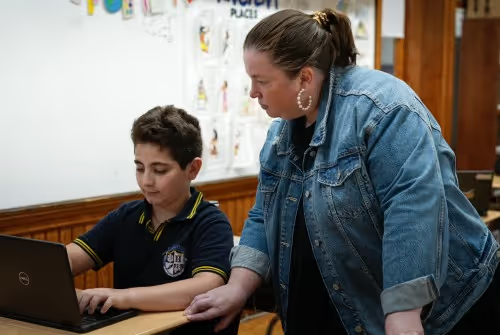
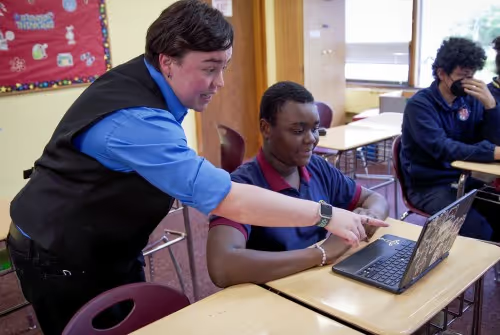
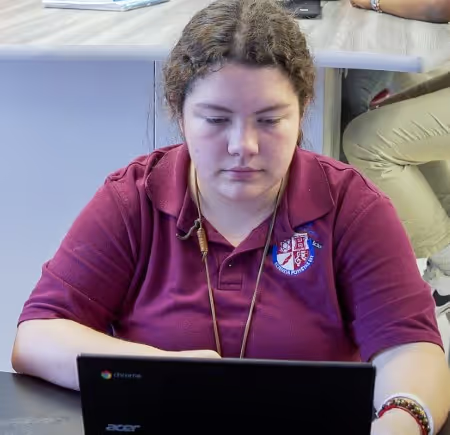

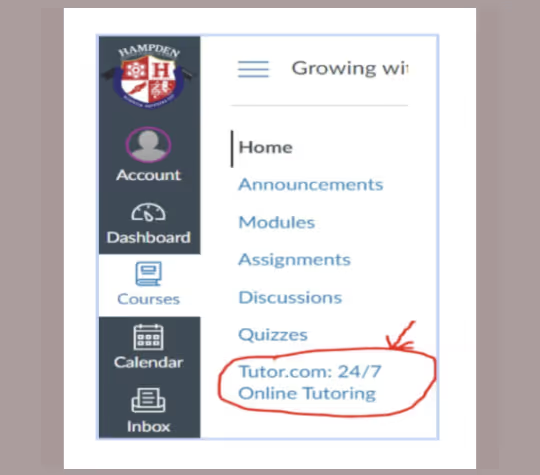
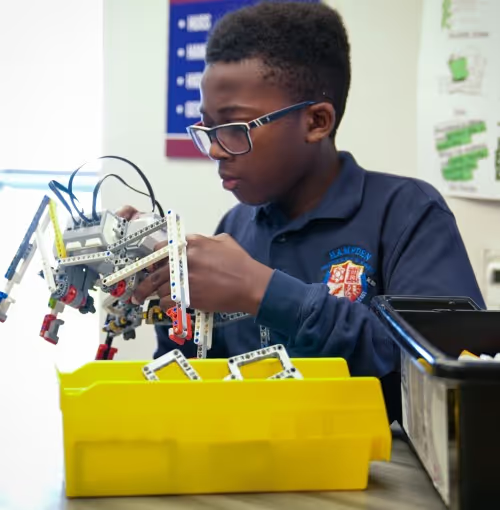

.avif)
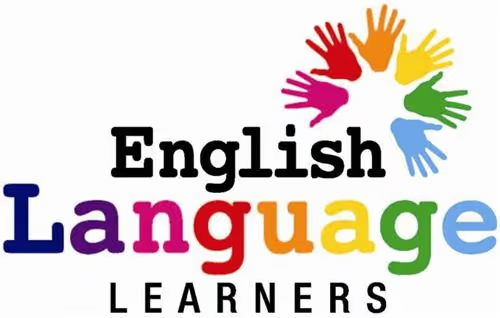
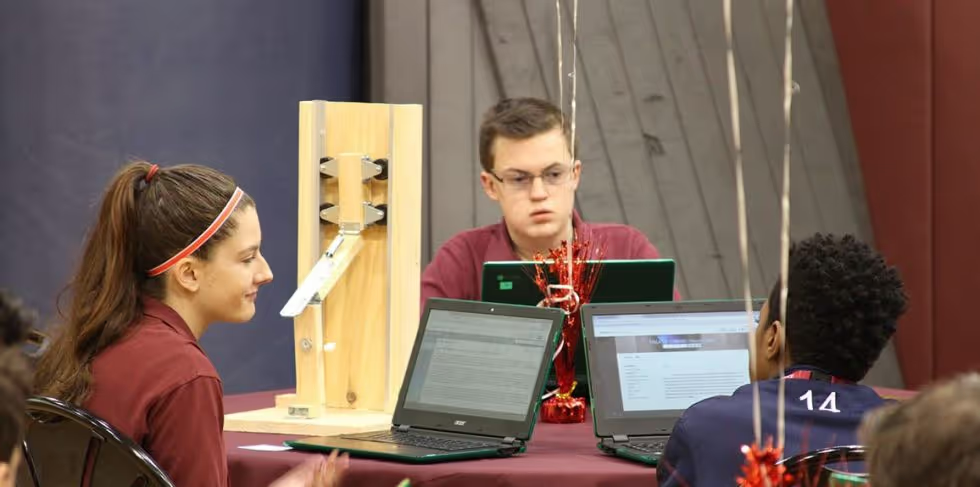
.avif)


